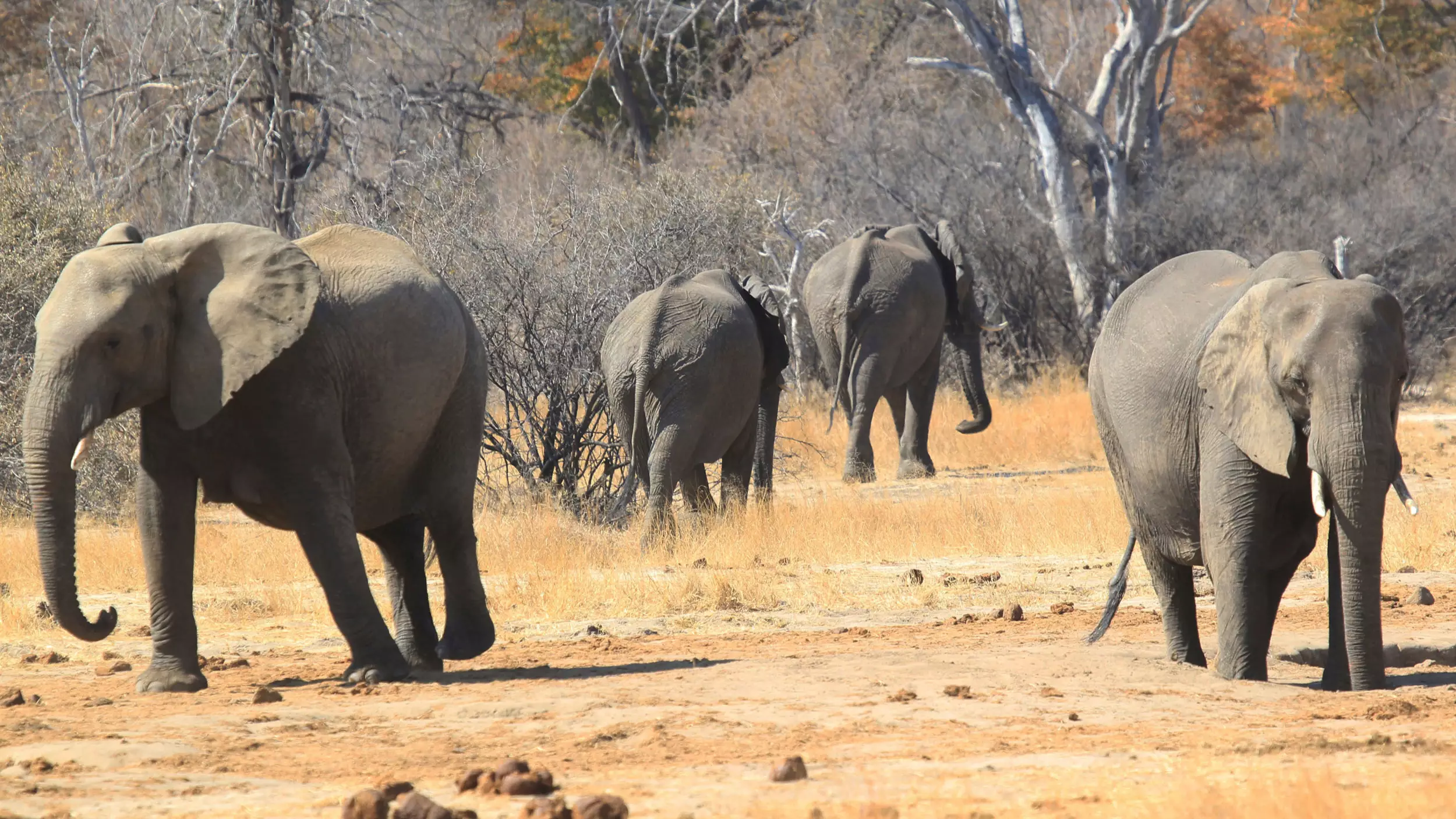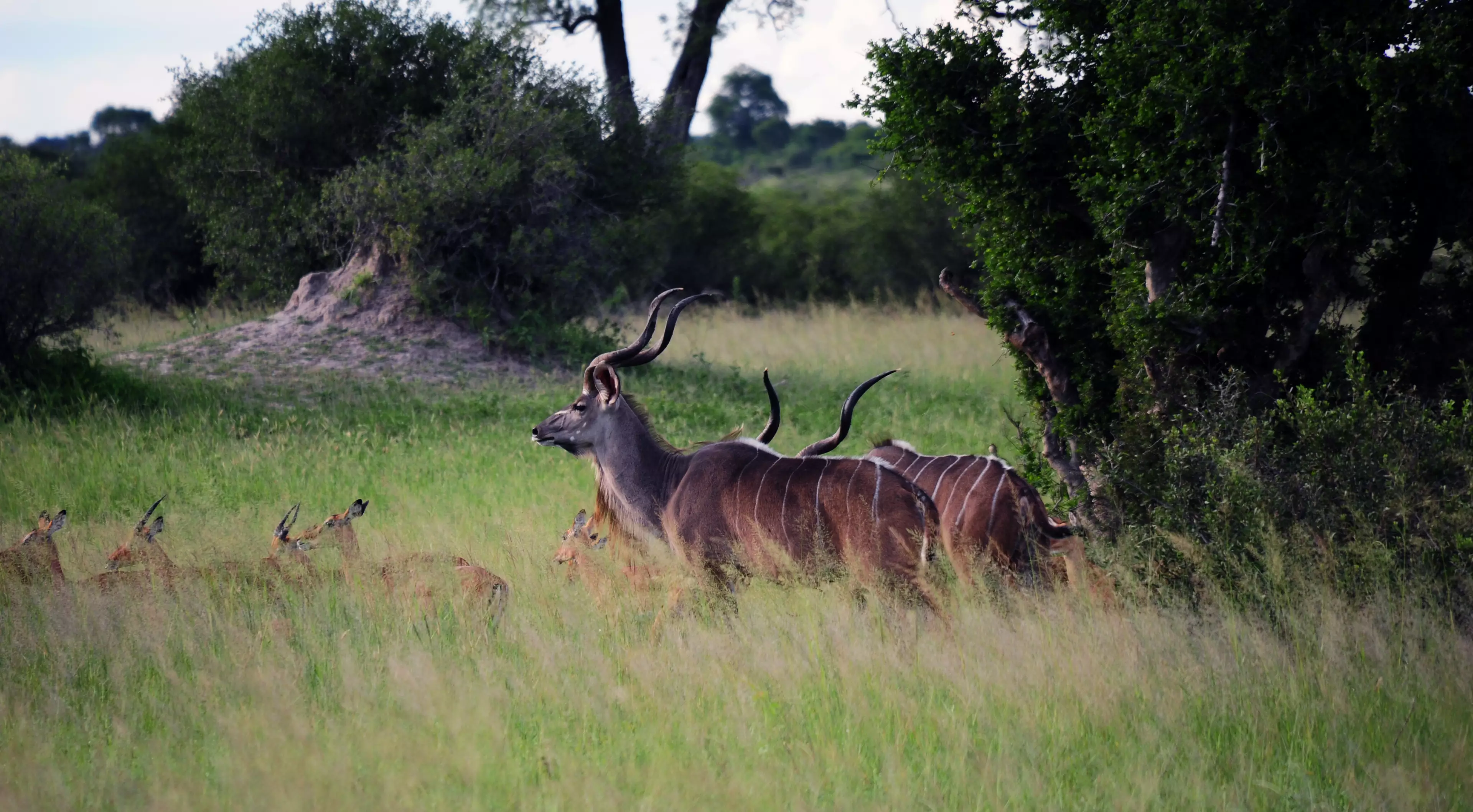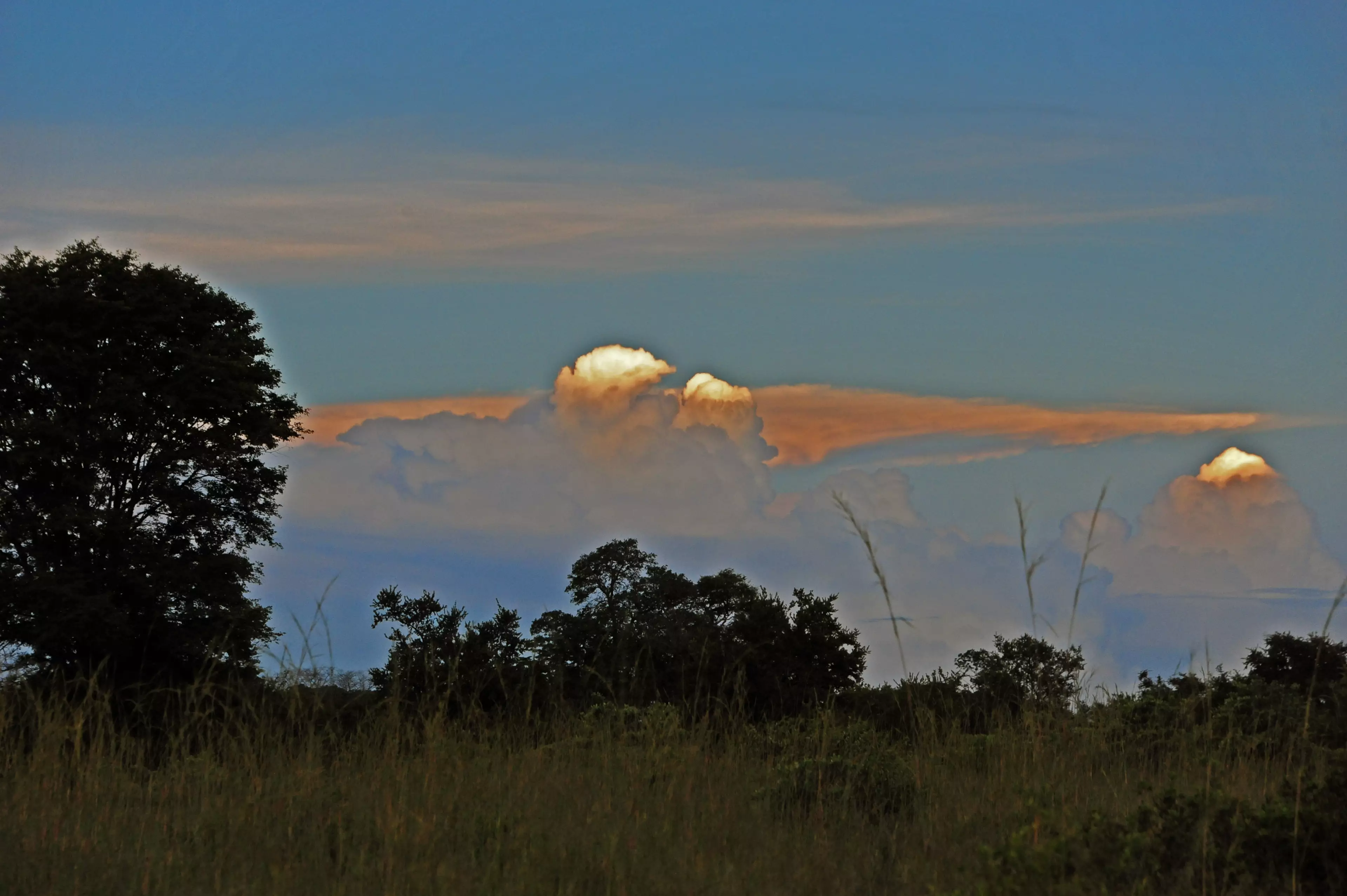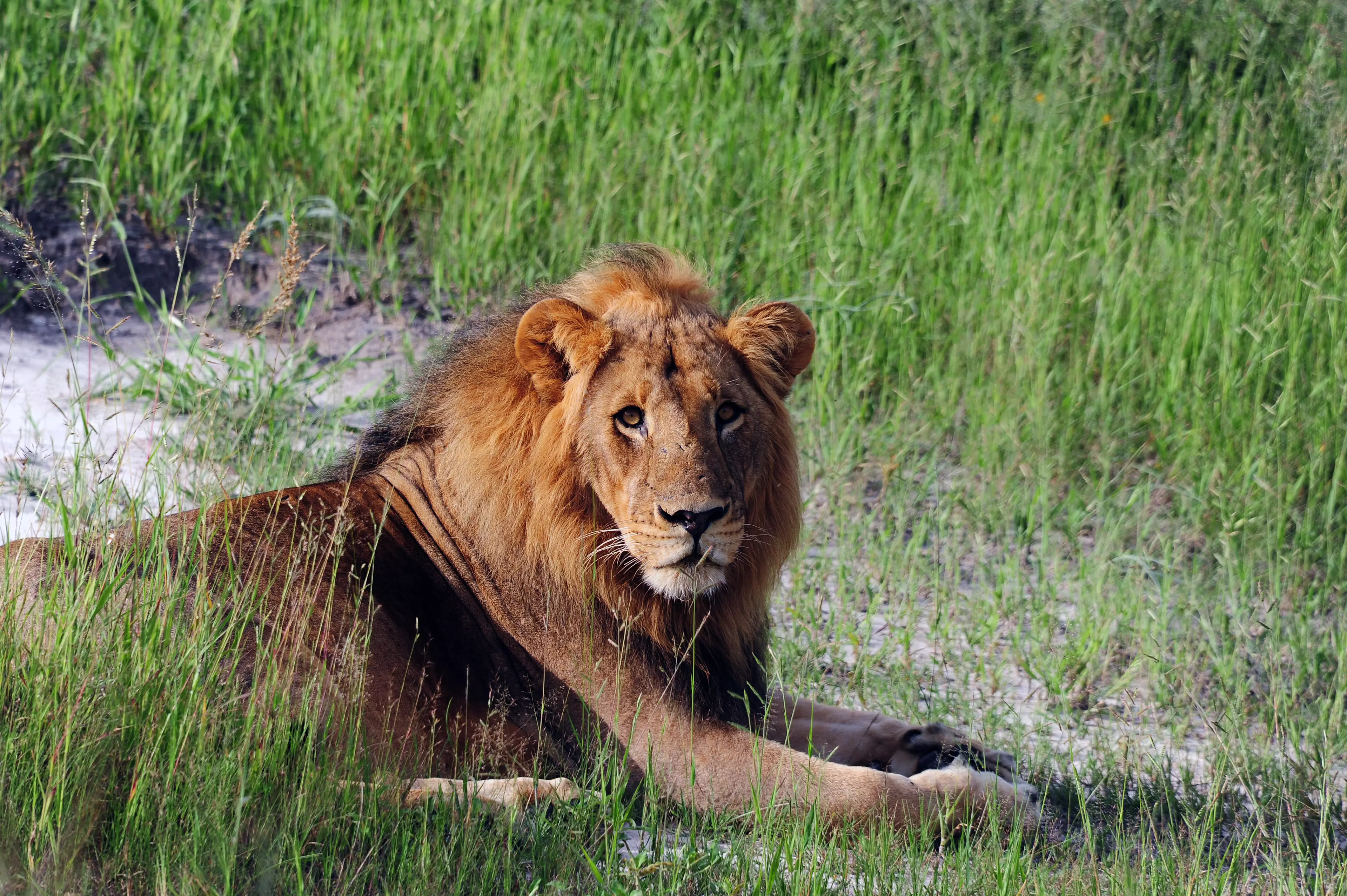
Zimbabwe has banned all mining for coal in its national parks, performing an about-face on an earlier decision to allow China to look for fossil fuels in the area.
Campaigners had expressed their concern about 'ecological degradation' in the national parks, and the Zimbabwean Environmental Law Association had threatened to take legal action.
They argued that any mining prospecting that would have taken place would have contravened the Environmental Management Act because it would have been performed without an environmental impact assessment certificate.
Advert
It had been reported that two companies had been awarded licenses to mine for coal in Hwange, which is the largest national park in the country, and the home of 40,000 elephants and many other species.

They announced their decision on 8 September after a government cabinet meeting, and Information Minister Monica Mutsvangwa told BBC News: "Steps are being undertaken to immediately cancel all mining titles held in national parks."
Mutsvangwa also announced that mining on all river beds would also be banned, putting an end to the work of local and Chinese small scale gold miners.
Advert
According to The New York Times, mining in the national parks of Zimbabwe is a 'widespread' problem. The country also still relies heavily on coal for energy.
Shamiso Mtisi, the Zimbabwe Environmental Law Association deputy director, explained: "There is gold and diamond mining going on in several national parks across the country, it's not just in Hwange.
"That's a major threat to biodiversity and to tourism. It's an economic issue, you cannot just rely on mining, you need to leverage on other sectors such as tourism."

Advert
The Environmental Law Association also hopes to soon see legally binding documents enshrining the coal mining ban officially.
Zimbabwe and China have enjoyed close ties in recent times, and it is not thought that this decision will sour their relationship, as China is thought to be understanding of the sensitivity.
However, the loss of the Chinese mining money could be significant to the government. The south African country has struggled for many years with inflation, which is currently around 737 percent, so any money from outside would have been welcome.
The national parks of Zimbabwe are also a vital source of tourist income, with travellers from around the globe flocking to see the wildlife and beautiful scenery.
Advert

It can only be hoped that this victory for the environmentalists and conservationists proves a more shrewd long term investment than the mining over time.
Featured Image Credit: PATopics: Environment, World News, Africa, Animals, Environment, World News, Africa, Animals